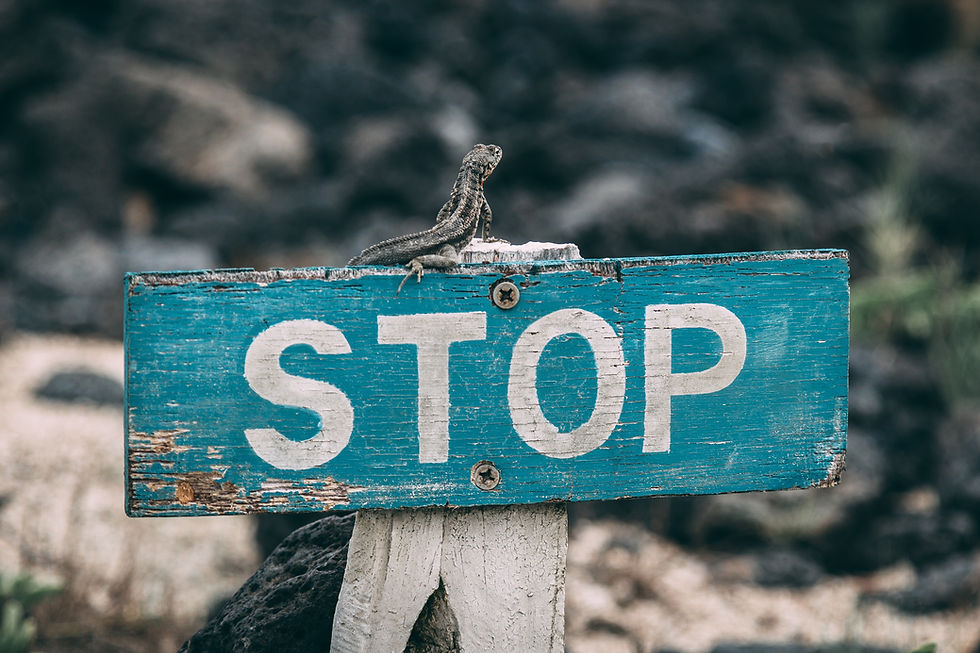Publishers Clearing House deceived consumers about their sweepstakes contests, FTC says
- Hot Wash

- Aug 3, 2023
- 2 min read

It’s illegal for a company to tell someone to pay to enter a sweepstakes contest, or that buying something increases their odds of winning. You might not be surprised if a fly-by-night contest promoter deceived people by saying these things. But would you expect a well-known company that’s been running sweepstakes for decades to deceive people?
The FTC says that Publishers Clearing House used language and designs on its website and in its email marketing that tricked consumers, including many older adults, into believing they had to buy things on the PCH website to enter a sweepstakes. Or that doing so would improve their chances of winning a prize.
Customers who did buy something on PCH.com were in for a few surprises. (And they didn’t involve someone arriving at their door with a giant check and a TV crew). The FTC says
PCH hid shipping and handling fees that added an average of 40% to customers' orders.
PCH's claims that orders were risk free were bunk. Customers had to pay the shipping costs to return merchandise.
As part of a settlement, PCH agreed to pay $18.5 million, among other things.
If you’re considering participating in a sweepstakes contest, here’s what to know:
Real sweepstakes are free and by chance. It’s illegal to ask you to pay or buy something to enter.
If you sign up for a contest, the promoters might sell your information to advertisers. If they do, you’re likely to see targeted ads online and get more junk mail, telemarketing calls, and spam email.
Scammers try to try to trick you into believing you won a prize. Never share your financial information or pay fees, taxes, or customs duties to get a prize.
Learn more about recognizing prize and sweepstakes scams. And if you see a prize scam, report it to the FTC at ReportFraud.ftc.gov.




Comments